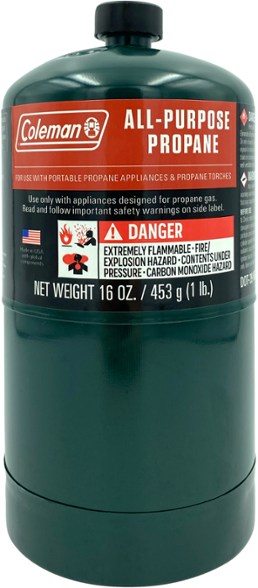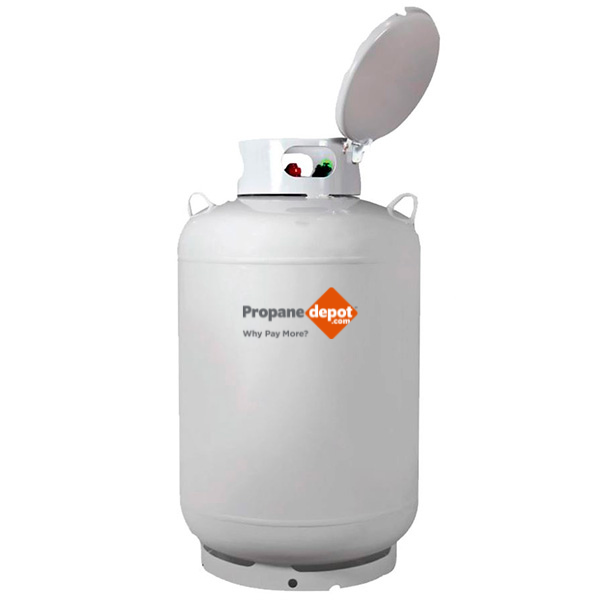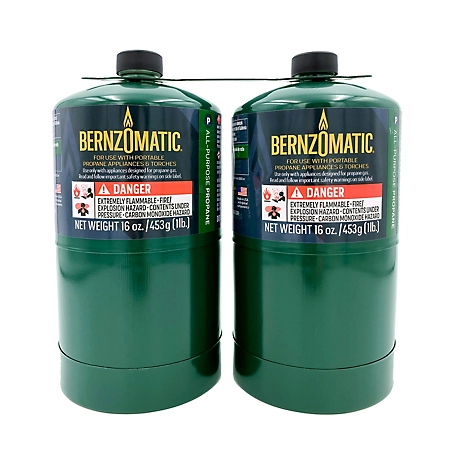Dangers of Propane Gas - Common Causes and What to Do After a Gas
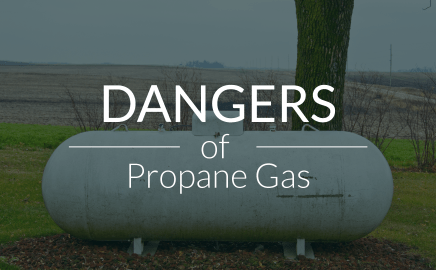
Authored by Kalamazoo injury lawyer, Steve Weston The term “natural gas” actually encompasses several types of gases, including propane, butane, ethanol, and methane. Propane is separated from these other gases and sold for residential and commercial uses. It is naturally odorless and colorless and requires the addition of an odorant so humans can detect it in case of a gas leak. Propane is pressurized into a liquid state for storage and transportation and is therefore called “liquified propane” or LP. Because of this pressurization, even a small discharge of liquified propane will create a serious hazard of ignition or explosion.

From Fiction to Fact: Propane's Environmental Impact
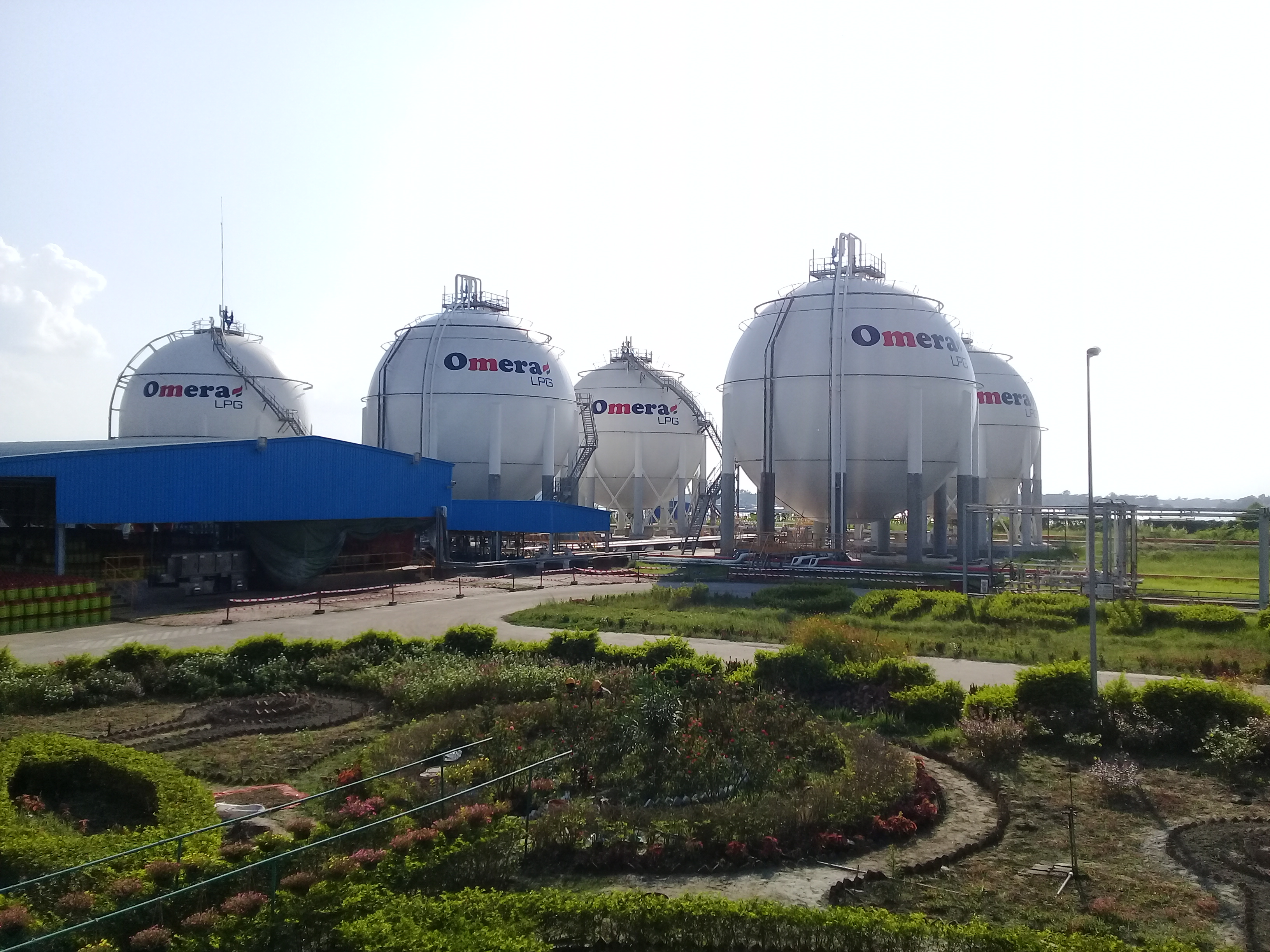
Liquefied petroleum gas - Wikipedia
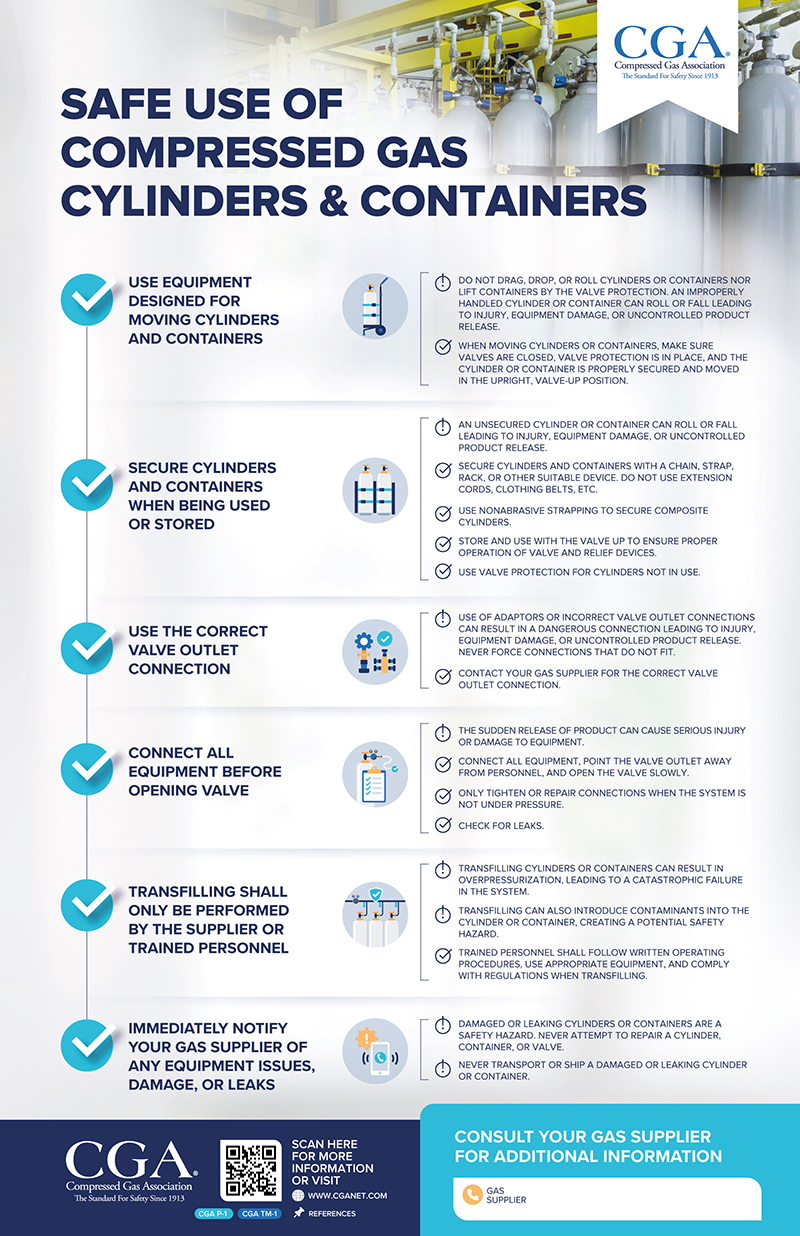
Cylinder and Equipment Safety - Compressed Gas Association

5 Reasons to Switch to Propane — Superior Energy, LLC
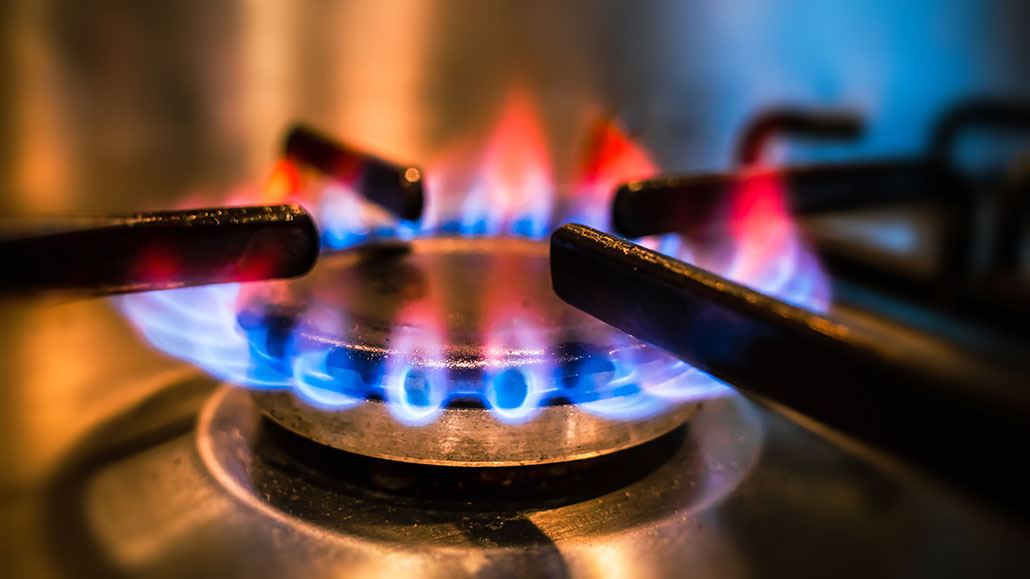
Gas stoves can spew lots of pollution, even when they're turned off
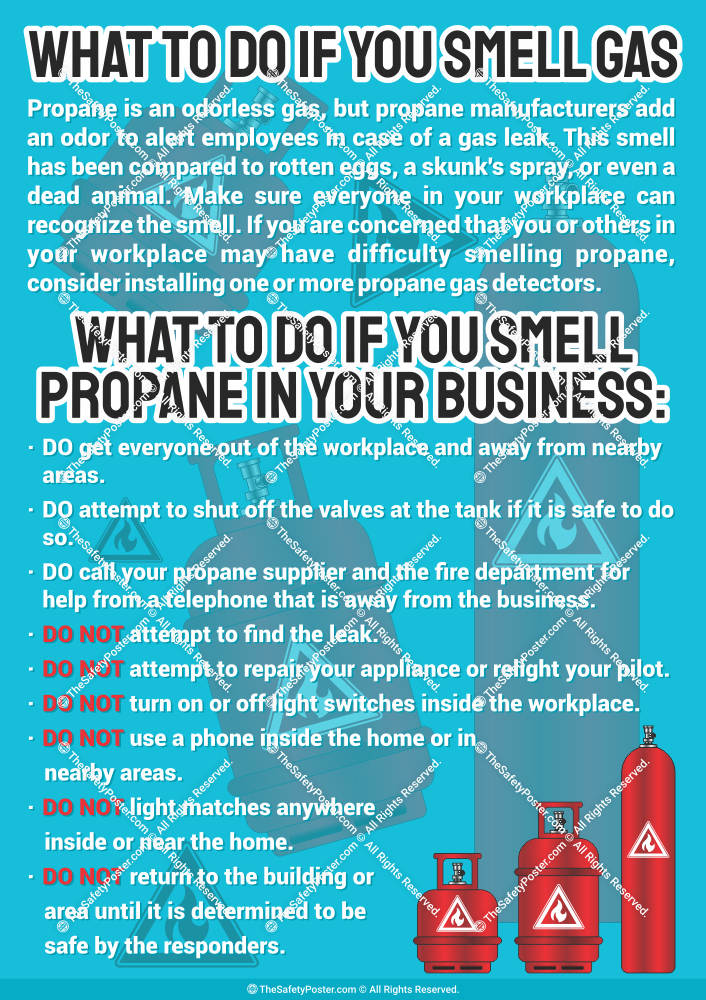
What to do if you smell gas, Gas, Gas safety

How to Detect a Gas Leak from a Stove (And How to Fix It)

5 Reasons Propane is part of the Future of Renewable Energy

A Beginner's Guide to Using Propane Safely in House - Infographic

Sinas Dramis Law Firm

What Are Propane Tank Safety Relief Valves? - Boehlke Bottled Gas
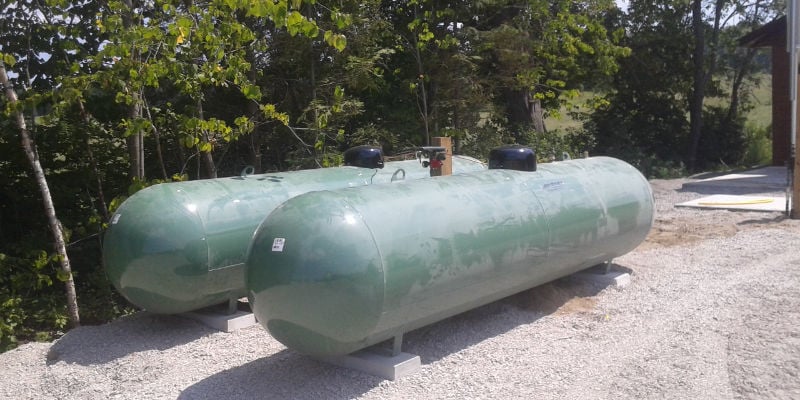
3 Propane Tank Noises and What They Mean
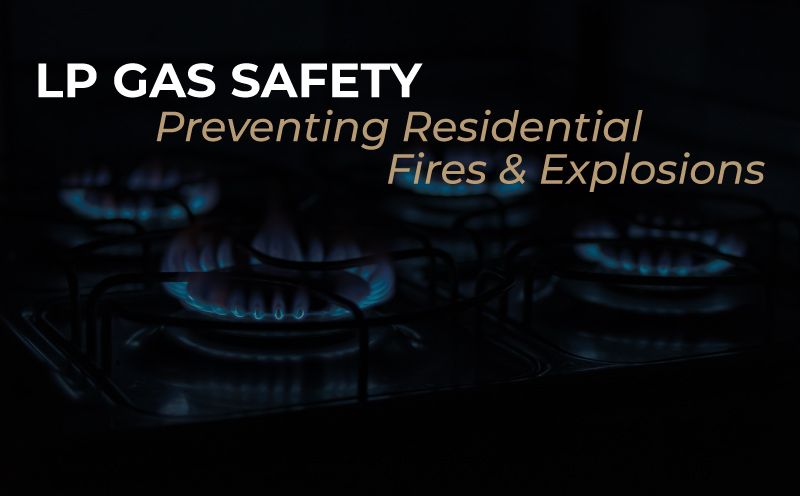
Michigan Burn Injury Lawyer Attorneys for Burn Injury Survivors

Propane Noises and What You Should Do








